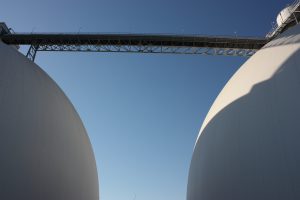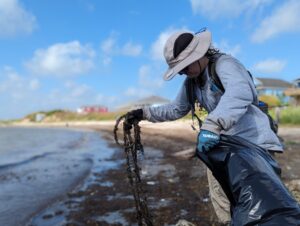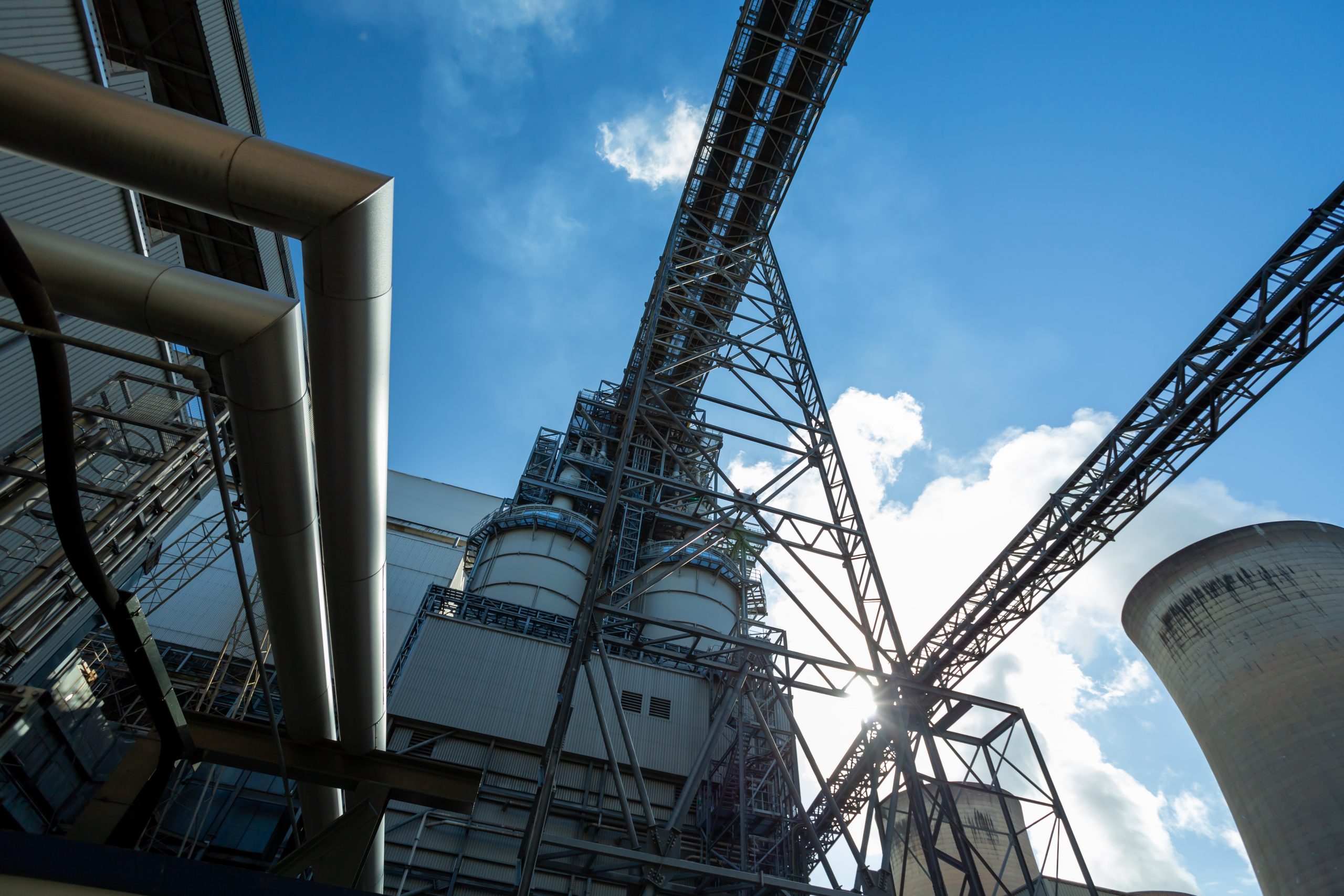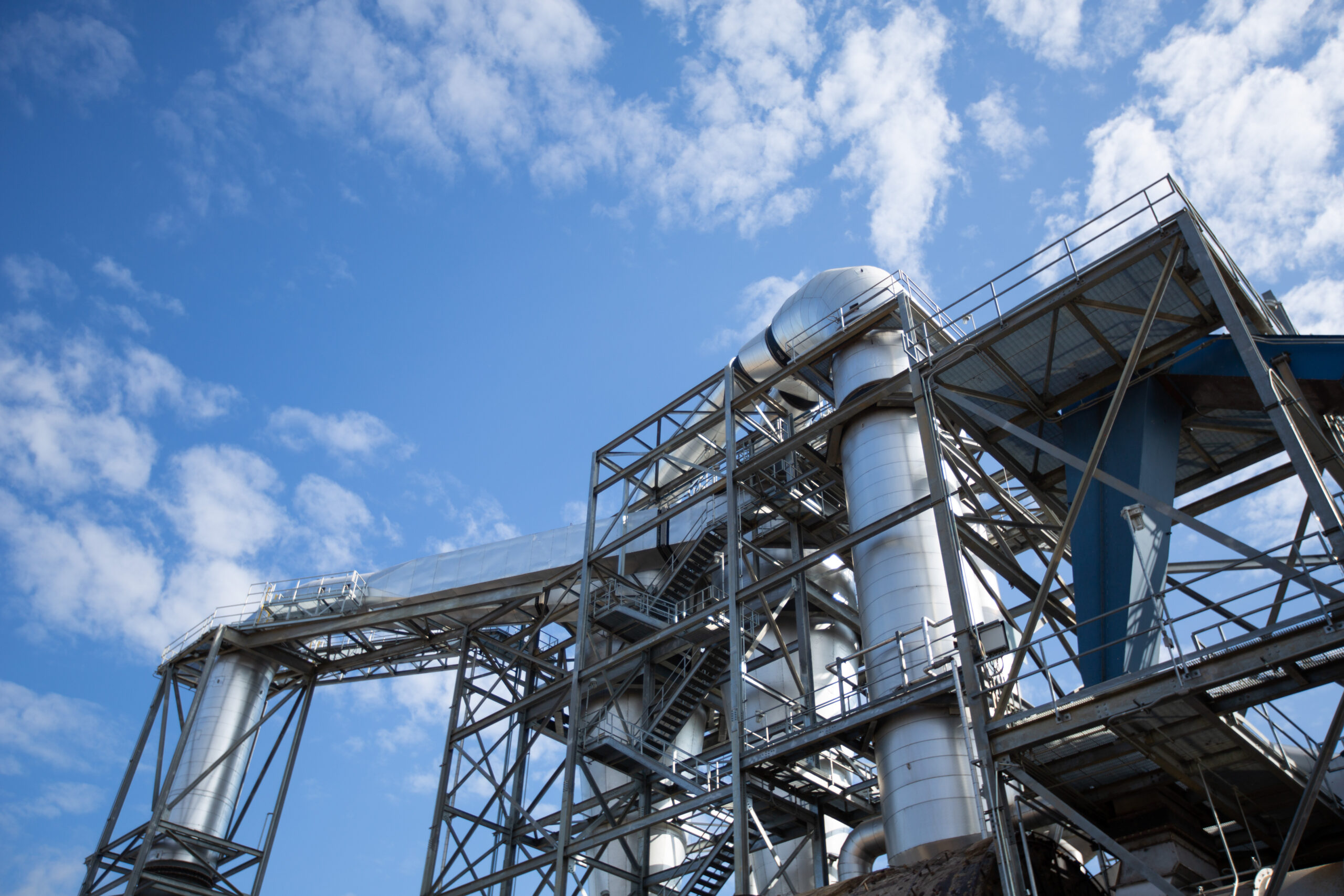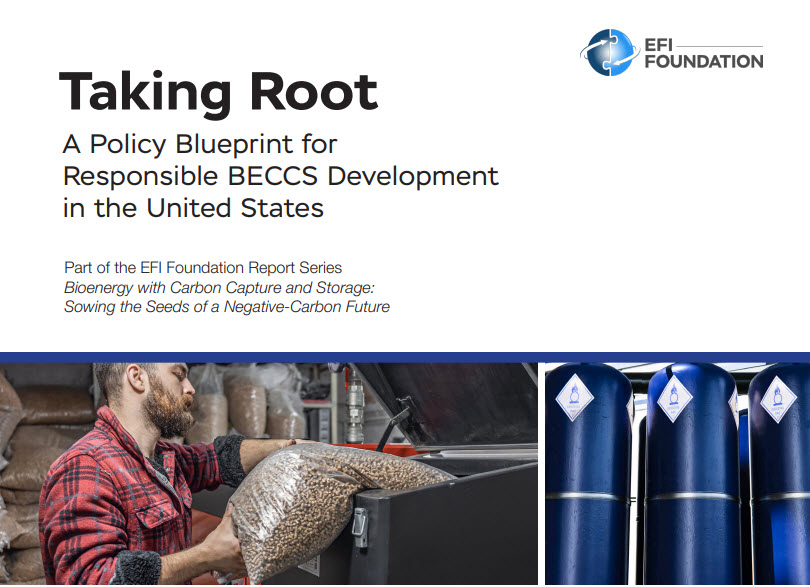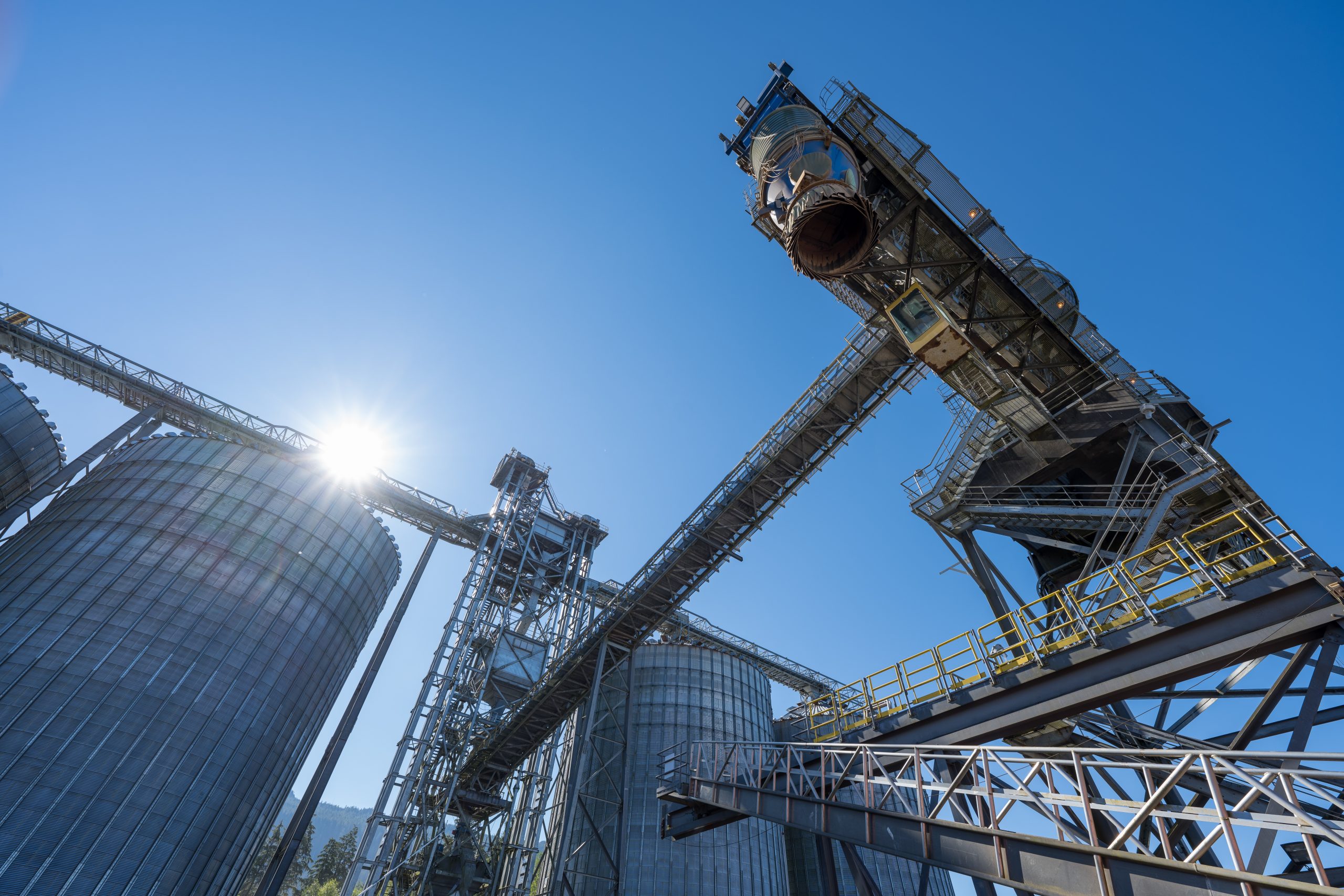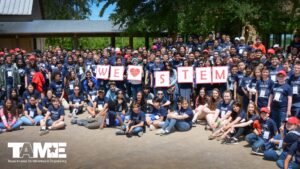
Renewable energy company Drax has announced that six U.S. non-profits will receive $348,000 as part of the Drax Foundation’s latest round of donations. The Drax Foundation funds initiatives that support education and skills development in Science, Technology, Engineering, and Math (STEM), and those that improve community green spaces and enhance biodiversity.
The non-profits receiving the donations are spread across Texas, Louisiana and Mississippi, and include the Texas Alliance for Minorities in Engineering (TAME), the Houston Audubon, Project Learning Tree, The Boys and Girls Club of America (Mississippi), The Center for Planning Excellence and The Central Creativity Foundation.
“These organizations breathe life into the communities they serve,” said Annmarie Sartor, Community Manager for Drax U.S. “We rely on the expertise and knowledge of our non-profit partners who help us prioritize funding for some of their harder-to fundraise for areas of work.”
The funds will provide nearly 16,000 children across the southern U.S. with access to STEM education opportunities. Combined with the first wave of funding earlier this year from the Drax Foundation, more than 24,000 young learners will be afforded opportunities in STEM education. This funding will also help to protect more than 2900 acres of natural habitat.
The Texas Alliance for Minorities in Engineering (TAME), which will receive $50,000, creates equitable experiences for students from underrepresented groups to explore futures in engineering.
“TAME welcomes The Drax Foundation into our alliance as we continue to prioritize cross-sector partnerships that improve access to engineering pathways for Texas students,” said Andrea Herrera Moreno, Executive Director of TAME. “The support from Drax enables us to amplify our impact by investing in our programs and capacity, and we’re very excited to engineer this new partnership.”
The Houston Audubon, which will receive $50,000, is a regional non-profit and accredited land trust focused on protecting the natural environment for birds and people on the upper Texas coast.
“With the generous support of the Drax Foundation, the Houston Audubon can continue to lead the conservation action needed along the Upper Texas Coast to help protect our land as well as the migratory, breeding, and resident birds that depend on us for habitat protection,” said Pete Deichmann, Land Director with the Houston Audubon. “Together with our partners, we can build sustainable management practices that benefit birds and people.”
Project Learning Tree, which will receive $60,000, has the mission to advance sustainability through forest-based collaboration.
“We are thrilled and deeply appreciative to have the continued support of the Drax Foundation,” said Dr. Reagan Flowers, Chief Education Officer with the Sustainable Forestry Initiative (SFI). “With this donation, we will bring our award-winning Project Learning Tree nature-based education and career pathway resources to underserved communities to cultivate a culture of environmental literacy and understanding.”
The Boys and Girls Club of America (Mississippi), which will receive $60,000, offers nation-wide support to communities in need and will use their funding to provide STEM opportunities for helping children across Central Mississippi and along the Gulf Coast.
“At Boys & Girls Clubs of America, we know that providing exposure to science, technology, engineering and math early in the lives of kids and teens nurtures their natural curiosity and long-term interest and skills,” said Lisa Anastasi, Chief Development and Public Affairs Officer for Boys & Girls Clubs of America. “Through our new partnership with the Drax Foundation, we are excited to expand the number of young people engaging in high-quality STEM programs within select Mississippi Clubs, preparing youth for a great future after graduation.”
The Central Creativity Foundation, will receive $68,795, is an organization based in Laurel, Mississippi, that will use their funding to partner with the Louisiana Science, Technology, Engineering, and Mathematics (LaSTEM) Program to host energy camps in Amite County, Mississippi, and Marengo and Pickens Counties in Alabama.
“The Drax Foundation funding will support the expansion of LaSTEM’s award-winning energy camp next summer,” said Dr. Clint Coleman, Program Administrator of LaSTEM/Cybersecurity. “We strongly believe that STEM education is crucial for building a skilled workforce and we are committed to ensuring that no school is left without the necessary resources. The LaSTEM energy camp is designed as a comprehensive and ready-to-implement solution, offering a full week of interactive, engaging, and hands-on activities.”
The Center for Planning Excellence, awarded $60,000, is a Louisiana-based non-profit that will use the donation to build community resources.
“With the funding from the Drax Foundation, the Center for Planning Excellence is excited to have the opportunity to develop and disseminate “Rooted in Community: A Tree Canopy Cultivation Guide,” says Jeannette Dubinin, Director of Resilience & Adaptation. “This resource will help empower communities across Louisiana to build equitable climate resilience and improve their quality of life through the cultivation of tree canopies.”
“Our goal at Drax is to make real, positive differences in the communities we operate,” said Matt White, Executive Vice President of Drax’s North America Operations. “This round of Foundation giving will help deserving organizations change the lives of thousands of children across the southern U.S.”
To learn more about the Drax Foundation and Drax’s community efforts, visit www.drax.com/community.
Contact Information:
Michelli Martin
Communications Manager, US
318-372-3988
[email protected]
About Drax
Drax Group’s purpose is to enable a zero carbon, lower cost energy future and in 2019 announced a world-leading ambition to be carbon negative by 2030, using bioenergy with carbon capture and storage (BECCS) technology.
Drax’s around 3,000 employees operate across three principal areas of activity – electricity generation, electricity sales to business customers and compressed wood pellet production and supply to third parties. For more information visit http://www.drax.com/us
Power generation:
Drax owns and operates a portfolio of renewable electricity generation assets in England and Scotland. The assets include the UK’s largest power station, based at Selby, North Yorkshire, which supplies five percent of the country’s electricity needs.
Having converted Drax Power Station to use sustainable biomass instead of coal, it has become the UK’s biggest renewable power generator and the largest decarbonization project in Europe. It is also where Drax is piloting the groundbreaking negative emissions technology BECCS within its CCUS (Carbon Capture Utilization and Storage) Incubation Area.
Its pumped storage, hydro, and energy from waste assets in Scotland include Cruachan Power Station – a flexible pumped storage facility within the hollowed-out mountain Ben Cruachan.
The Group also aims to build on its BECCS innovation at Drax Power Station with a target to deliver four million tons of negative CO2 emissions each year from new-build BECCS outside of the UK by 2030 and is currently developing models for North American and European markets.
Pellet production and supply:
The Group has 18 operational pellet plants and developments with nameplate production capacity of around five million tons a year.
Drax is targeting eight million tons of production capacity by 2030, which will require the development of over three million tons of new biomass pellet production capacity. The pellets are produced using materials sourced from sustainably managed working forests and are supplied to third party customers in Europe and Asia for the generation of renewable power.
Drax’s pellet plants supply biomass used at its own power station in North Yorkshire, England to generate flexible, renewable power for the UK’s homes and businesses, and also to customers in Europe and Asia.




